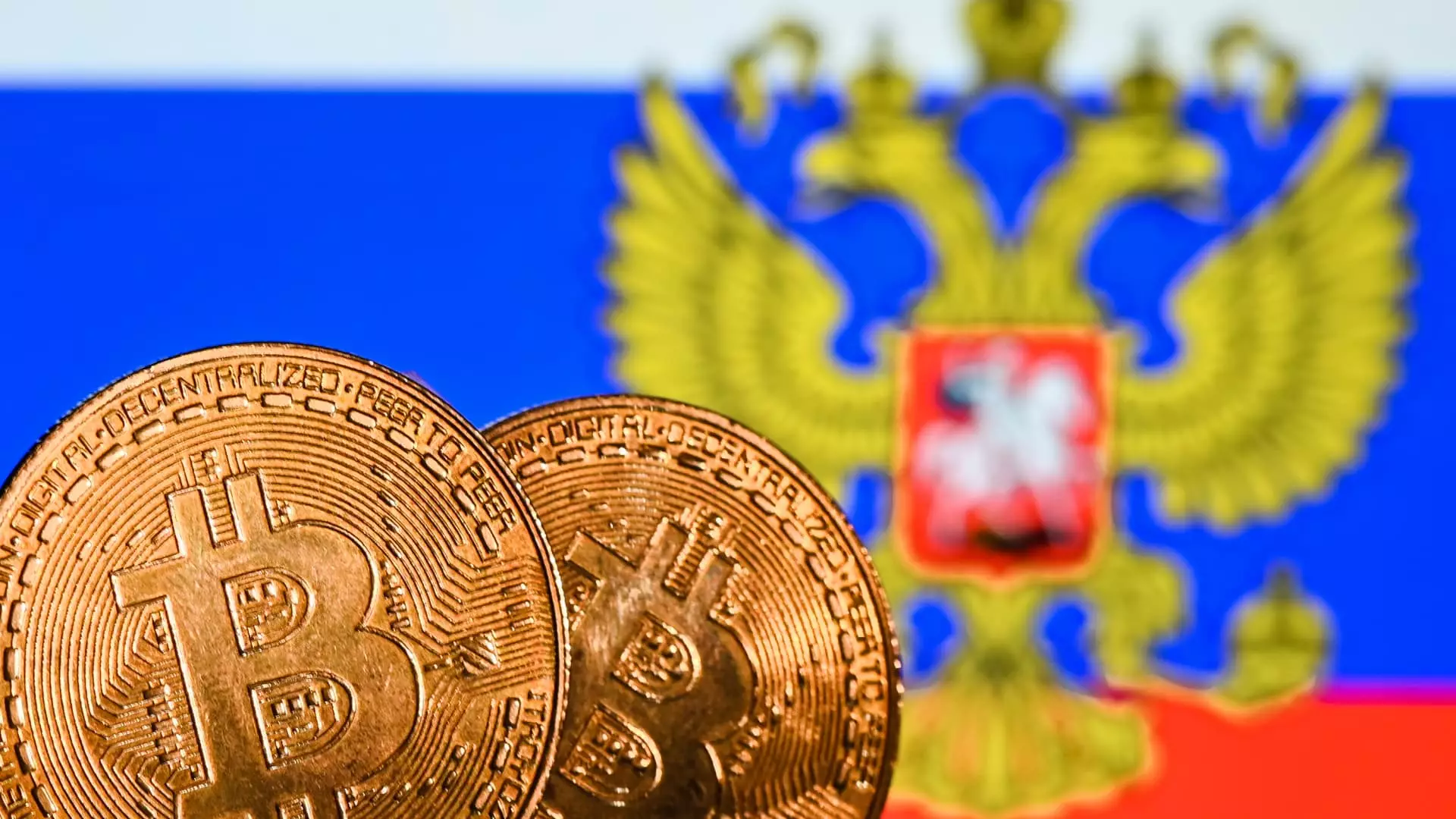In response to ongoing financial pressure from Western sanctions, Russia is considering legalizing the use of cryptocurrency for international payments. The State Duma, the lower house of the Russian Parliament, is set to evaluate a law that would allow for settlements in cryptocurrencies as part of an experimental regime. This potential move highlights Russia’s efforts to navigate economic challenges in the face of escalating tensions with the U.S. and its allies.
The decision to permit international payments via cryptocurrencies represents a significant shift in the stance of Russia’s central bank. Previously, the central bank had proposed prohibiting the use of crypto for transactions and mining, citing concerns about financial stability and monetary policy sovereignty. However, the current context of sanctions and geopolitical pressures appears to have prompted a change in approach, with the central bank now exploring the use of crypto for cross-border payments.
In addition to considering cryptocurrency for international transactions, Russia is also exploring the implementation of a digital version of the ruble, its national currency. Central bank digital currencies (CBDCs) differ from cryptocurrencies like bitcoin as they are issued directly by a government and function as a digital representation of fiat currencies. The potential introduction of a digital ruble reflects Russia’s efforts to modernize its financial infrastructure and adapt to the evolving landscape of digital payments.
The utilization of cryptocurrencies for international payments is not unique to Russia, as other sanctioned countries have also turned to digital assets to circumvent financial restrictions. For example, North Korea has been accused of leveraging cryptocurrencies to fund state programs and evade sanctions. The recent cyberattack on the Ronin Network, which resulted in the theft of millions of dollars in digital tokens, underscores the vulnerabilities and risks associated with crypto transactions. Despite these challenges, proponents of cryptocurrencies argue that the transparency and security of blockchain technology can be harnessed to combat illicit activities.
As Russia moves towards potentially legalizing cryptocurrency for international payments, the implications for its financial system and global relations remain uncertain. The experimental nature of the proposed law suggests that the country is treading cautiously in integrating crypto into its economic infrastructure. The timeline for implementing crypto-based payments and the digital ruble will be crucial in determining the success of these initiatives and the extent to which they address Russia’s financial challenges in the context of sanctions and geopolitical tensions.


Leave a Reply